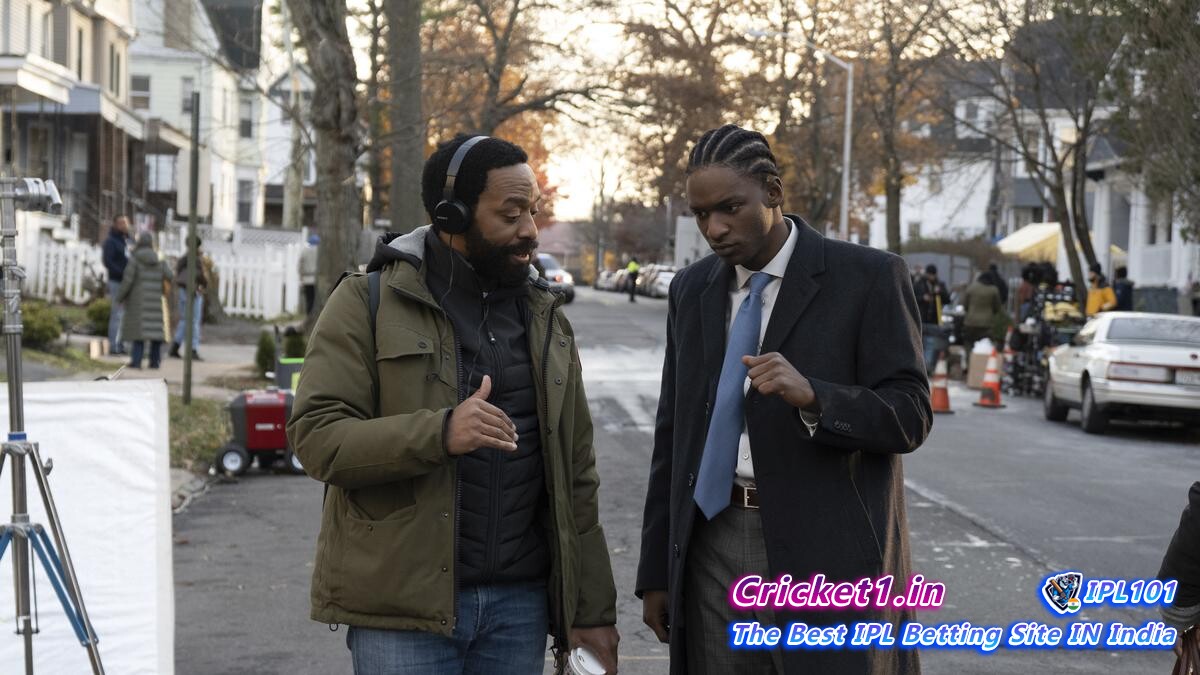
Long before famed director Antoine Fuqua approached him, Chiwetel Ejiofor had delved into the pages of Jeff Hobbs’ “The Short and Tragic Life of Robert Peace,” a book that recounts the poignant story of a young man’s journey through life’s harsh realities. This literary work, authored by Peace’s college roommate, paints a portrait of a boy raised amidst the trying circumstances of Orange, New Jersey, yet whose brilliance shone through as he pursued excellence in academia and water polo at St. Benedict’s Preparatory School and later, Yale University, studying molecular biochemistry and biophysics.
The narrative extends beyond Peace’s academic feats to the nine years following his graduation, during which time he taught at his alma mater, embarked on global travels, toyed with the idea of graduate studies, and, controversially, dealt marijuana. His life was cut tragically short when he was killed, fueling conjecture that his death was the consequence of returning to his roots. The aftermath was marked by media portrayal of his community as downtrodden rather than the focus on its people.
However, both Hobbs and Ejiofor perceived greater complexity within Peace’s life, seeing it as an embodiment of the flawed concept of social mobility and an intersection of race, housing, education, and criminal justice. This depth of character and societal commentary, Ejiofor felt, had been largely overlooked in cinema.
Upon the opportunity to write and direct the adaptation, Ejiofor, captivated by the book’s profound impact, embraced the chance wholeheartedly. His dedication to humanistic storytelling, previously exemplified in his directorial debut “The Boy Who Harnessed the Wind,” convinced Fuqua that Ejiofor was the quintessential candidate to helm the project—a sentiment Fuqua shared enthusiastically.
With the anticipated world premiere at the Sundance Film Festival, the film titled ‘Rob Peace’ aspires not only to audience acclaim but to secure a distributor, a crucial step in bringing this evocative story to a global audience. This ambition is echoed by producer Alex Kurtzman, who emphasizes the importance of passion over profit in driving such a critical narrative to fruition.
Inhabiting the title role is Jay Will, a burgeoning talent and Juilliard alumnus whose natural affinity and charisma embody the multifaceted nature of Peace. Bolstering the cast are Mary J. Blige as Rob’s mother Jackie and Camila Cabello as Naya, his intermittent love interest. Ejiofor himself takes on the mantle of Rob’s father, Skeet, a role he deemed within his grasp and one that demanded his personal touch over that of another actor.
Ejiofor’s triple-threat prowess—as writer, director, and actor—is noted by Kurtzman, who admires his ability to sustain an unflappable demeanor while piloting a low-budget indie project under restrictive conditions.
A standout goal for Ejiofor was to infuse the film with a visual splendor that contradicts the often bleak portrayal of settings like Peace’s community. To achieve this, he enlisted the talents of ‘Beanpole’ and ‘The Last of Us’ cinematographer Ksenia Sereda, signaling an elevation of the narrative through elegant and unprecedented cinematic language.
As the final credits roll, Ejiofor’s intent is for audiences to depart with a sense of hope and enrichment from Peace’s story. He yearns for viewers to perceive the profound significance of understanding Peace’s journey, an understanding that has not merely enriched Ejiofor’s perspective but promises to enlighten and illuminate the lives of others. This is less the tale of tragedy and more about the rich tapestry that is Rob Peace’s enduring legacy.










